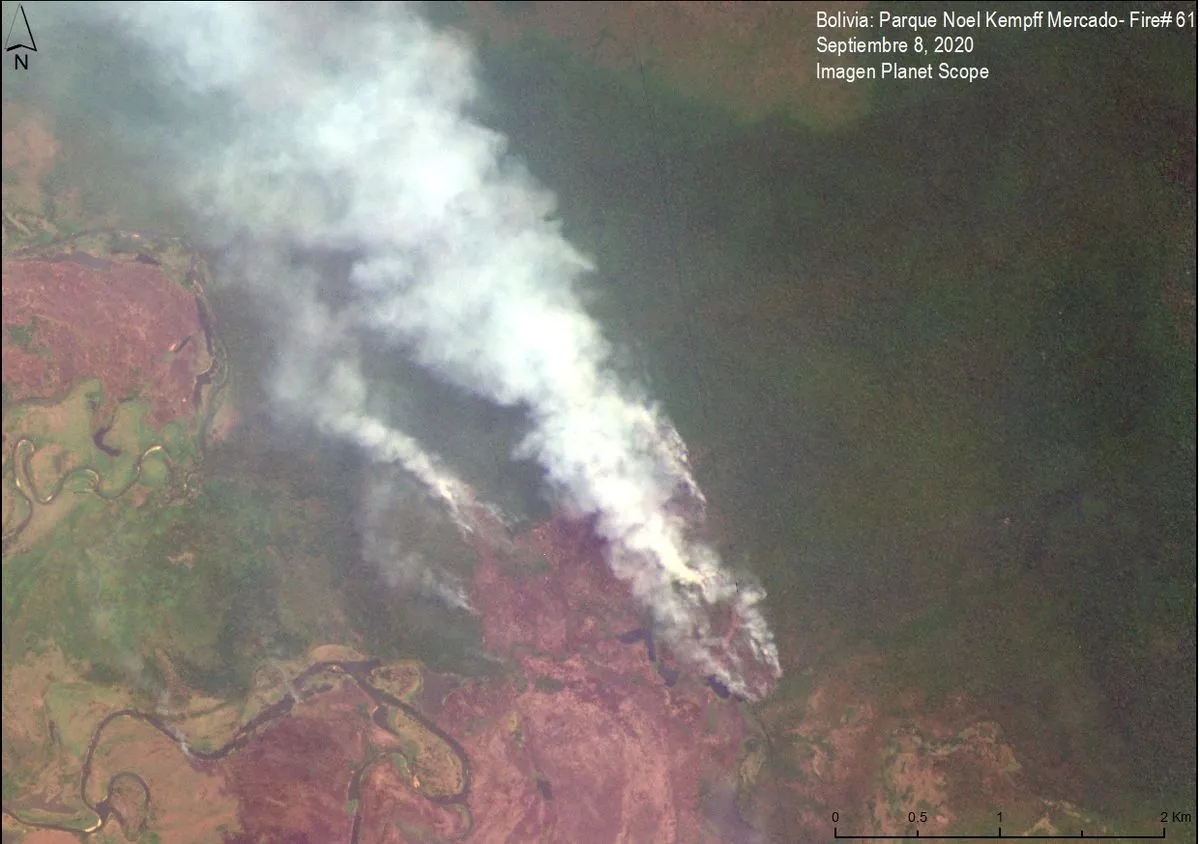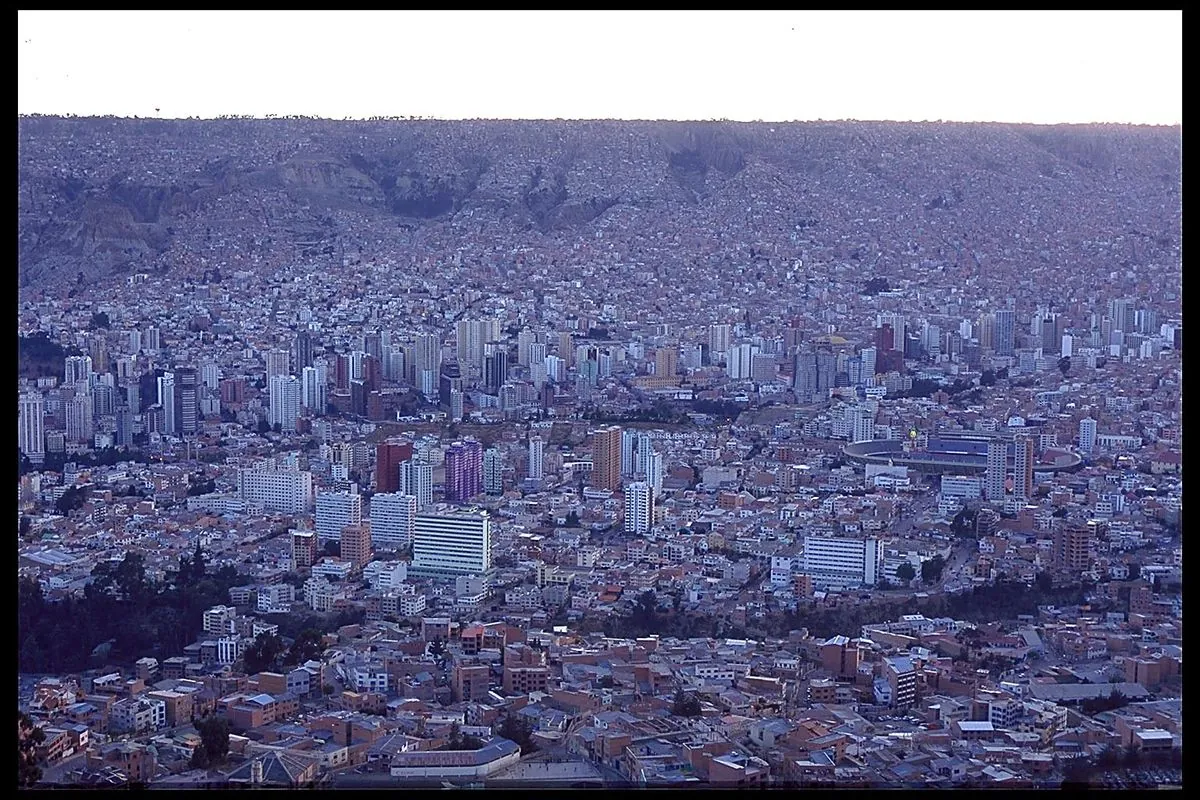Bolivia Battles Severe Wildfires as Air Quality Plummets in Santa Cruz
Bolivia faces its worst wildfires in years, with Santa Cruz region severely affected. Smoke engulfs cities, causing health issues and disrupting daily life. President Arce seeks international aid to combat the crisis.

Bolivia is currently grappling with a severe wildfire crisis, particularly in the Santa Cruz region, leading to significant deterioration in air quality and causing widespread health concerns. The situation has prompted President Luis Arce to appeal for international assistance in combating the fires.
Raúl Gutiérrez, a nurse in Santa Cruz, describes the persistent smoke that has become a constant presence in the area. He notes that the air pollution has reached such levels that "day has started to look almost like night." The smoke's impact on daily life is profound, with increasing numbers of residents experiencing respiratory problems, eye irritations, and headaches.

Bolivia, home to about 40% of the Amazon rainforest within its borders, is facing a potential record year for fires. The crisis is exacerbated by drought conditions and extensive land clearances linked to the expansion of cattle ranching and grain production. This situation is particularly acute around Santa Cruz, a wealthy agricultural center.
The environmental impact of these fires is severe. Bolivia boasts over 14,000 plant species, many of which are endemic to the country, making it one of the world's most biodiverse nations. The ongoing fires threaten this rich ecosystem, including endangered species such as the giant otter and the Andean bear.
Satellite imagery reveals alarming levels of particulate matter and carbon monoxide in the air. Data from Brazil's INPE suggests that Bolivia may be on track for its highest number of active fires on record for September. This environmental crisis extends beyond Bolivia's borders, with neighboring Brazil also experiencing severe fires that have left major cities shrouded in smoke.
"We've had five straight days with dangerous levels for the population."
The fires have forced school closures and the suspension of some commercial flights. President Arce has pledged that the government "will not stop" until the fires are extinguished. However, the challenge is immense, given that Santa Cruz has lost approximately 8 million hectares of forest over the past two decades.
This crisis underscores the delicate balance between economic development and environmental conservation in Bolivia. The country's economy heavily relies on natural resource extraction, including agriculture and mining. However, Bolivia's constitution also recognizes the rights of nature and promotes environmental protection.
As Bolivia battles these wildfires, the long-term consequences loom large. The country's forests play a crucial role in the water cycle of the entire Amazon basin and in global climate regulation. The ongoing deforestation and fires not only threaten local ecosystems but also have far-reaching implications for global climate patterns.
The current crisis serves as a stark reminder of the urgent need for sustainable land management practices and stronger conservation efforts to protect Bolivia's invaluable natural resources and the health of its citizens.


































